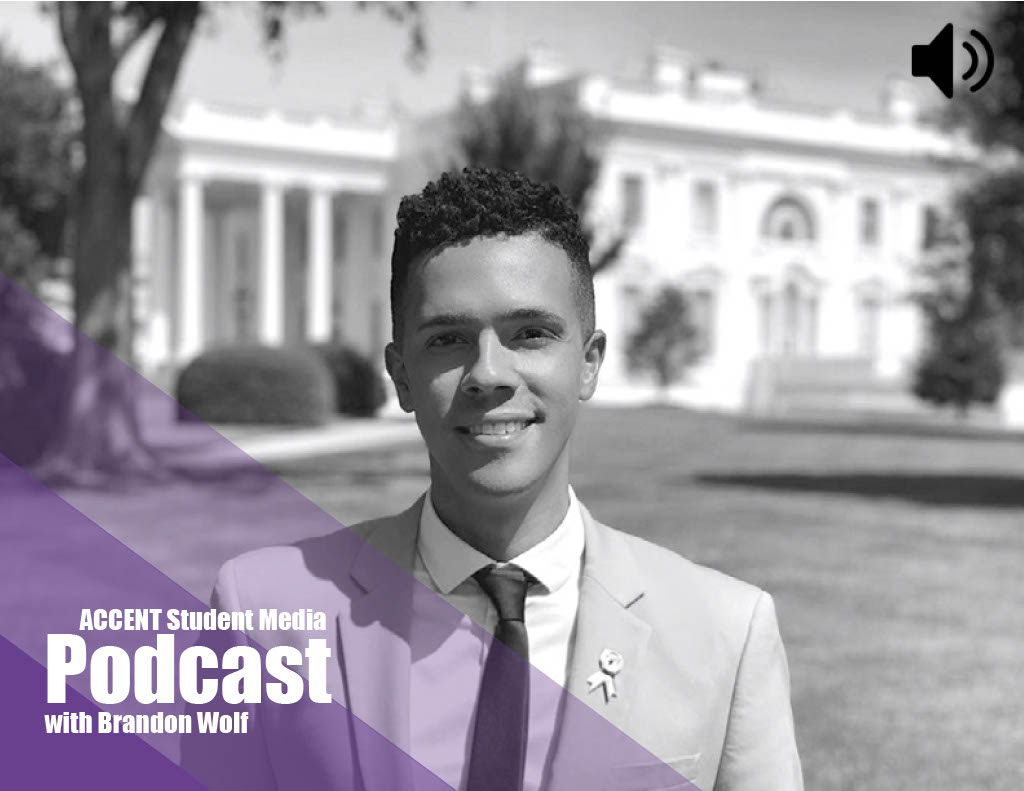Students discuss the benefits of the ACC Green Pass and public transportation.
Story by Jacob Tacdol
Graphics by Marisela Perez-Maita
For students living in the Austin area, commuting to and from school can be a stressful and time consuming task. This year, the Austin Community College District is once again offering the Capital Metro Green Pass to its students, faculty and staff.
Green Pass holders are allowed an unlimited amount of free rides to anywhere using the CapMetro transit system, including buses and the rail line, for one semester.
“The Green Pass has helped me a lot,” ACC student Elijah Williams said. “It allows me to manage my time more effectively and stay productive throughout my day. I’m able to get to point A, B, C and wherever else I want to go and save money.”
CapMetro services 542 square miles and offers nine modes of transportation to the general public, which includes 83 bus routes and nine train stations along a 32 mile track from downtown Austin to the northwest suburb of Leander.

“Being able to utilize the bus and the train is a great skillset to have,” Williams said. “It changes a lot of people’s foundations. I don’t have to wait in traffic. That’s why I’m able to go to the Domain in less than 15 minutes from [Highland]. For most people, it takes 30 or 45 minutes on a good day.”
Without a Green Pass, CapMetro fare costs range from 60 cents to $96.25 depending on which service and length of time riders choose. ACC funds the Green Pass program using the ACC sustainability fund and revenue from parking permit fees.
“The pass is useful no matter which type of public transportation you choose,” ACC student Dierdre Gormley said. “I don’t have to worry about paying for it, because I’ve already put my money into the school. I might as well take advantage of it.”
Students enrolled in ACC credit classes, Adult Education students and ACC faculty and staff can apply for a Green Pass through ACC’s Green Pass webpage. CapMetro offers both a digital and physical option.
“I ordered the physical pass and I received it in about five to seven days,” ACC student Aster Fohl said. “They made it easy to navigate the website. It really is a doable option and you just have to look up how the system works. It’s a legitimate form of transportation for so many people.”
Of the many reasons why students and other members of the ACC community may opt for public transportation, the costs and anxiety associated with driving a car in Austin is a large contributor.
“I am 30 minutes out from the Highland Campus and I don’t want to spend a lot of money on gas to get to school four days a week,” Fohl said. “It’s made me a lot less anxious coming to school, because driving, especially with the growth of the greater Austin area and the city itself, has made things very difficult.”
One of the main arguments for increasing the usage of public transportation in cities is the lighter impact that mass transit has on the environment compared to personal vehicles.
“I’m someone who is very big on trying to eliminate my personal carbon footprint,” Fohl said. “There’s so many organizations and corporations who need to cut down on their emissions and I personally do it by giving more attention to public services. It’s a personal choice that I’m glad I’ve made.”
In their Sustainability Vision Plan, CapMetro outlines their initiatives to reach a carbon neutral state by 2040. Methods including reducing carbon emissions and using renewable energy will go into their efforts.

“ACC is ahead of the curve,” Williams said. “This is what it’s shifting towards: cleaner, more efficient and faster travel. If you get this going now and start using public transportation, you’re getting ready for the future.”




